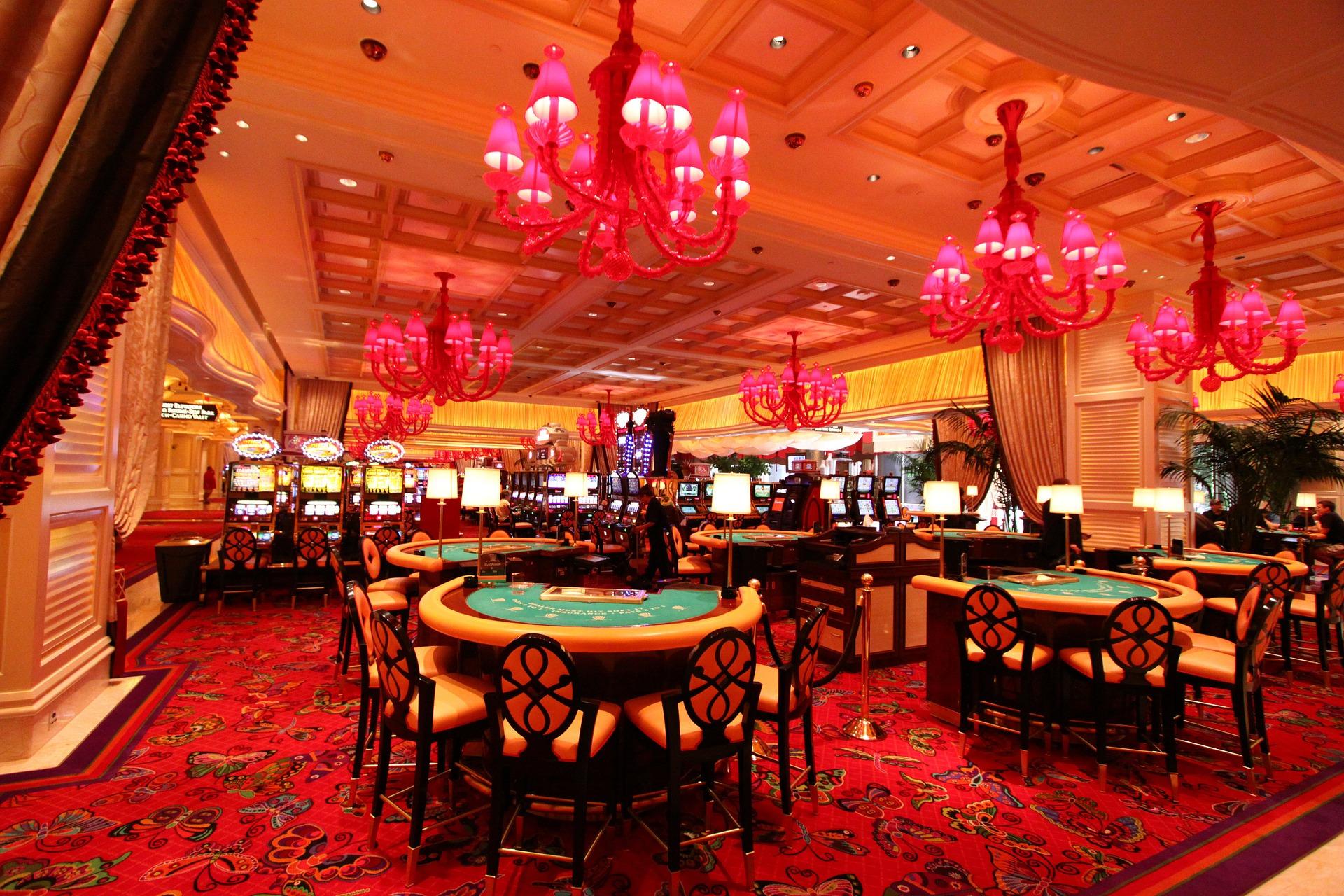Analyzing the Ethics of Casino Gaming

Casino gaming has long been a subject of fascination and controversy, attracting millions of players globally. casino not on GamStop With a mix of chance, strategy, and the thrill of risk, casino games offer an exhilarating escape from everyday life. However, as entertainment becomes ever more available, it calls for a deeper examination of the morality surrounding these games.
At the heart of the discussion lies the issue of whether casinos promote safe gambling or exploit at-risk individuals. The appeal of potential winnings versus the truth of losses can create a challenging dynamic, and understanding this balance is crucial for both players and operators. As we delve into the morals of casino gaming, we will explore the responsibilities of casinos, the effects on society, and the measures that can be taken to foster a better gaming environment.
The Impact of Casino Gaming on Society
Gambling in casinos has a significant influence on society, affecting not only the economy but also interpersonal dynamics and community structures. The income generated from casinos can lead to job creation and boost regional economies, as they provide multiple employment opportunities in multiple fields including hospitality, entertainment, and shopping. However, while the financial benefits can be significant, communities often grapple with the potential negative impacts that arise from increased gambling activity.
Additionally, the presence of casinos can lead to an rise in gambling addiction, presenting serious challenges for players and families. The excitement of casino games can quickly transform into a compulsive habit, affecting connections with others and leading to financial instability. Many players may find it difficult with the loss of control over their gambling habits, resulting in a need for assistance programs and help to address this increasing issue. The social cost of gambling addiction can ripple through families and neighborhoods, creating an urgent need for sensible gambling approaches.
In addition to the economic and social ramifications, casino gaming often reflects cultural attitudes towards risk and leisure. It can encourage a sense of excitement and leisure, attracting tourists and boosting local travel. However, this allure may also conceal the wider implications of gambling as a form of entertainment, provoking ethical questions about its promotion and accessibility. As communities weigh the benefits and disadvantages of casino gaming, the need for sensible approaches and regulation becomes increasingly critical in ensuring that the beneficial elements are enhanced while minimizing the potential harms.
Moral Issues in Gambling Practices
The morality of gambling operations often center around the potential for dependency and its effects on people and families. Gambling can lead to serious monetary distress, impacting not only the gamblers but also their families. As people become entrapped in the allure of winning, many lose track of their budget, which can result in catastrophic results such as insolvency. This poses moral questions about the responsibility of gambling establishments in fostering responsible gambling practices and offering support for those who may be dealing with gambling addiction.
Another major concern is the advertising of gambling to vulnerable populations. Casinos often aim at low-income people or communities with the offer of fast gains, which can continue cycles of poverty and hopelessness. In this situation, the ethics of advertising strategies used by casinos come under scrutiny, as they may exploit the desperation of individuals seeking an escape from financial hardships. This manipulation raises moral questions about the integrity of the gambling industry and its obligation to safeguard its most at-risk customers.
Additionally, the impact of casino operations on society as a whole cannot be ignored. While some argue that gambling establishments create employment and boost local economies, others point to the social costs associated with dysfunctional gambling, increased criminal rates, and a burden on public services. Balancing economic benefits with the risk for community issues presents a challenging moral dilemma for lawmakers and casino operators alike. The challenge lies in finding a ethical approach that prioritizes the welfare of individuals and communities while still permitting for the pleasure of gambling gaming.
Regulatory Framework and Duties
The legal structure surrounding gambling activities is designed to ensure justice, integrity, and player security. Multiple government bodies and casino commissions set and implement regulations that dictate how gaming activities operate, the standards for activity creation, and the processes for processing rewards. These regulations change by region but usually involve permit requirements for providers and strict measures to avoid fraud and fraud.
In also to governing bodies, gambling establishments bear major accountability in maintaining ethical standards within their venues. They must enforce safe gambling practices that encourage player security and consciousness, including providing self-limitation options and sharing information about the dangers associated with betting. Casinos are also obligated for educating staff to recognize signs of difficult gambling and be aware of the proper actions to assist patrons in need.
Furthermore, transparency in gambling operations is vital for earning and maintaining public confidence. Operators should provide clear data about the odds of games, marketing deals, and any connected dangers. By creating an environment of transparency and responsibility, gambling establishments can help mitigate the possible adverse impact of betting while boosting the complete betting experience for all participants.